Among the biggest benefits of protectionism is the claim to protect local industry. Such measures target to help businesses survive in difficult economic conditions. Furthermore, in times of high unemployment rates, protectionist policies stand out as an effort to protect domestic employment. However, while this approach provides a short-term solution, it can deepen problems in the long run.
Green transformation and technological advances in particular are increasing the impact of protectionist measures. For instance, in the steel industry, the replacement of blast furnaces with electric arc furnaces is expected to make one-third of the current workforce redundant. Furthermore, the growing impact of artificial intelligence is likely to accelerate job losses in many sectors. The combination of these dynamics could lead to a labor surplus of up to 40%.
According to Marco Piccardi's opinions, if the current path leads to mass layoffs and economic stagnation, a change of strategy and mindset is necessary. The urgent measures are:
Elimination of Import Restrictions
Europe must lift steel import bans that increase the industry's difficulties, which in turn increases competition, promotes efficiency and drives the production of high quality steel.
Revision of the Automotive Strategy
By 2035, lifting the ban on traditional vehicles gives consumers freedom of choice and encourages innovation in electric vehicles.
Reorganizing Energy Policy
In the short and medium term, energy independence is not only possible through renewable sources; Europe needs to start importing gas and oil at competitive prices and return to the use of fossil fuels in power generation. In the longer term, investments in nuclear energy are necessary.
Privatization of Industries and Services
Large scale privatization is needed to stop the flow of public funds to failing businesses. The European Community's removal of direct intervention and allowing industries to become independent is important for economic vitality and social stability.
Piccardi emphasizes that the attribution of these problems to competitive imports is a simplistic approach; deep structural problems need to be acknowledged, and protectionist policies and subsidies need to be discarded. Market-oriented solutions need to be adopted for economic vitality and social stability.
The harm of protectionism might also have a profound impact. Experts warn that protection from foreign competition might negatively affect the innovation and productivity of the domestic industry. Long-term subsidies and support disturb market dynamics and can lead to economic stagnation. Furthermore, continuous state subsidies and support for failing businesses indicate that public resources are not being used efficiently.
In conclusion, Europe needs to develop a more balanced and sustainable strategy, by considering both the benefits and the harms of protectionist policies. Short-term gains may face long-term risks and instability. Experts emphasize the need to adopt market-oriented solutions and explore alternative ways to support both domestic employment and economic growth. Europe's future will be shaped by the ability to achieve this balance.


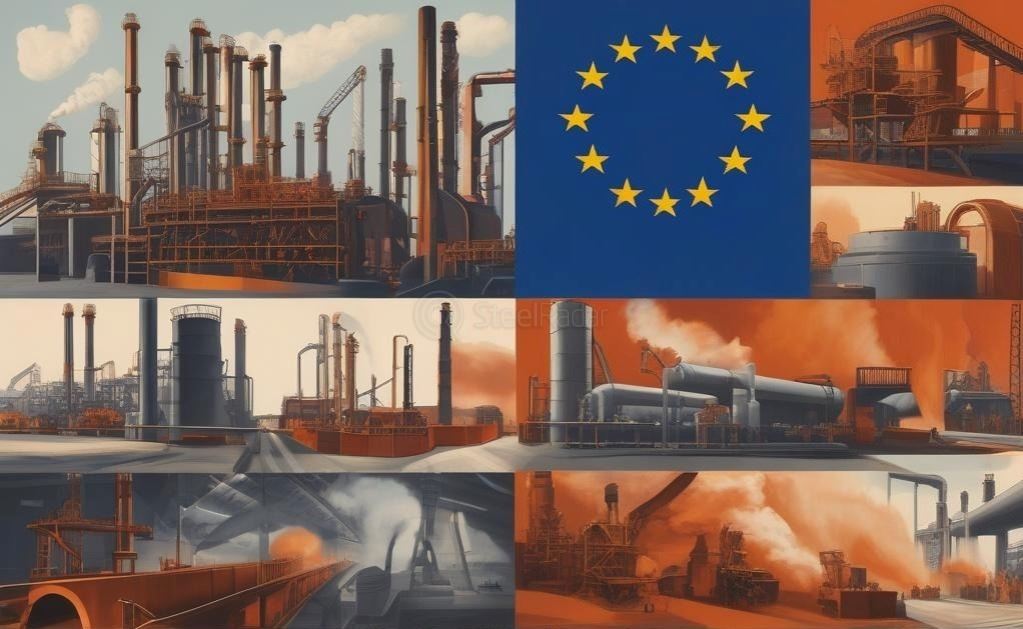

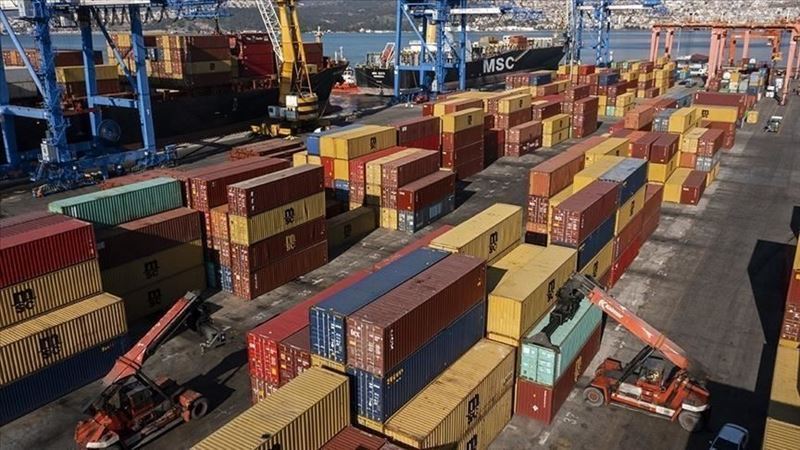
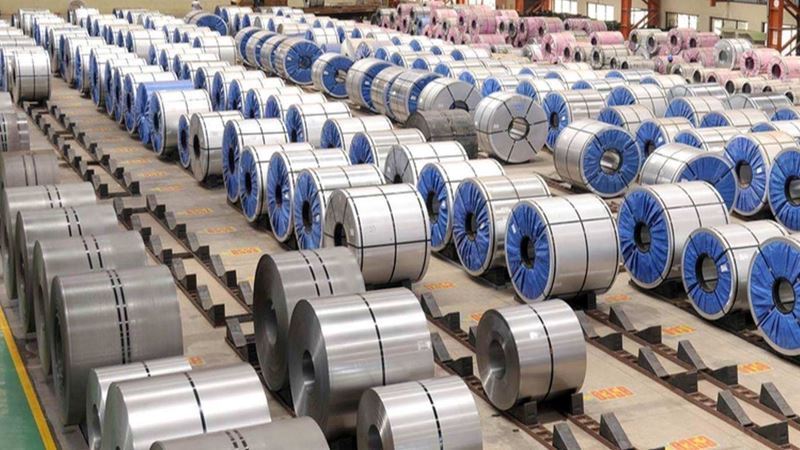

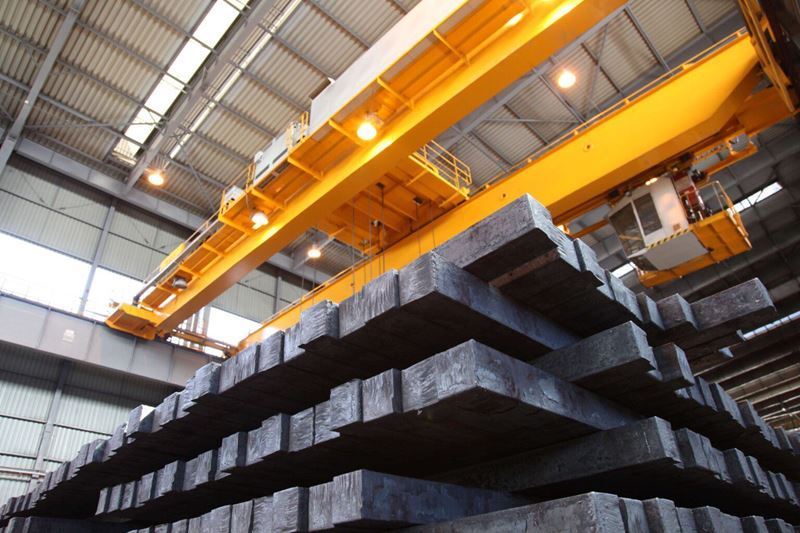
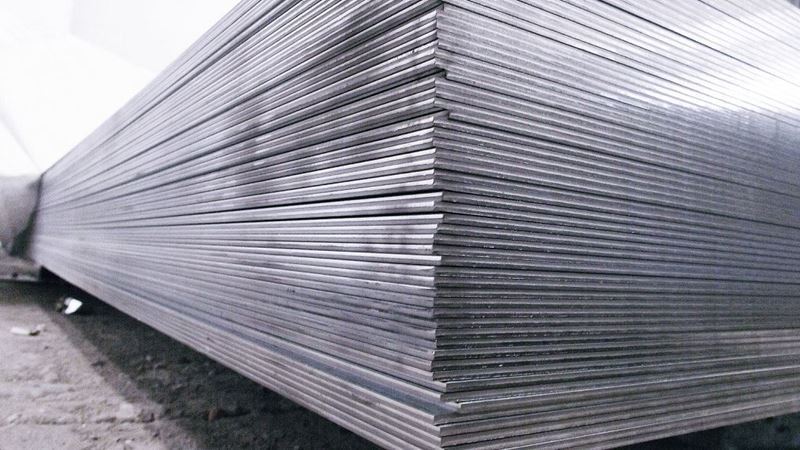


Comments
No comment yet.